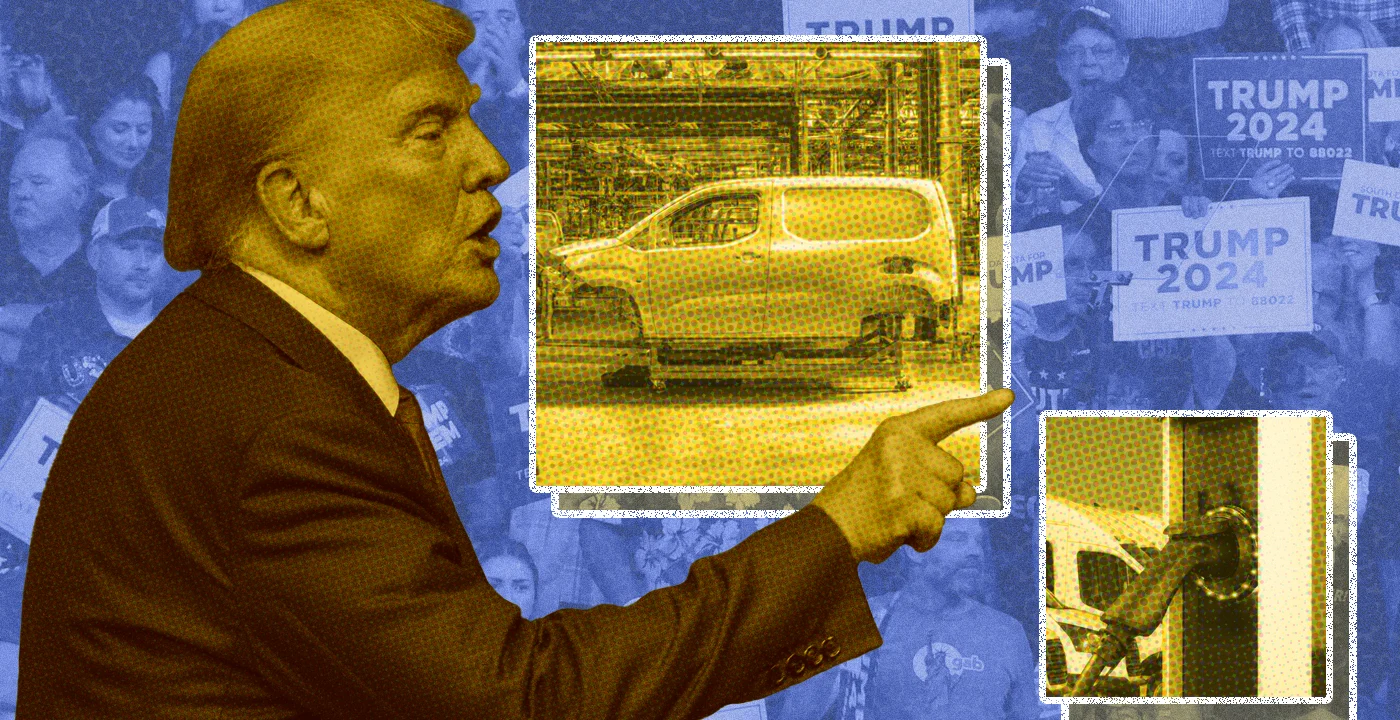
President Donald Trump’s recent actions to reverse electric vehicle (EV) policies during the Biden administration have sparked a debate. This shift raises questions about the future of EVs in the U.S. and whether a hidden agenda behind them.
Trump’s Actions on EV Policies
Upon taking office, Trump signed a series of executive orders aimed at dismantling Biden’s EV initiatives. Trump has targeted Biden’s goal of having 50% of new vehicles sold by 2030 be electric. He labelled this as an “EV mandate,” despite it not being a legally binding requirement.
He has also moved to weaken tailpipe emission standards to an increase in the production of gasoline-powered vehicles. This action is a setback for environmental protection. And also directed agencies to pause funding for electric vehicle charging stations and other infrastructure projects aimed at promoting EV adoption.
The Debate: EVs And Traditional Vehicles?
The debate over whether electric vehicles are inherently better or worse than traditional gasoline-powered vehicles is complex.

Environmental Impact
EVs produce zero tailpipe emissions, which reduces air pollution in urban areas. In contrast, traditional vehicles emit greenhouse gases that contribute to climate change. The production of EV batteries involves mining for rare minerals, which can have environmental consequences. Critics argue this process can be harmful to ecosystems and communities.
Economic Factors
While EVs often have higher upfront costs, they can be cheaper to operate over time due to lower fuel and maintenance costs. However, the initial investment can be a barrier for many consumers. Trump’s policies may favour traditional automotive jobs, particularly in regions reliant on fossil fuel industries. This could lead to a conflict between job preservation in traditional sectors and the growth of the EV market.
Hidden Agendas?
Some analysts suggest that Trump’s actions may be a desire to support the fossil fuel industry and traditional automotive manufacturers. By rolling back EV incentives and regulations, Trump aims to protect jobs in these sectors, which could be politically advantageous for him and his party.

Conclusion
The shift in support for electric vehicles under Trump’s administration raises important questions about the future of transportation in the U.S. While EVs offer significant environmental benefits, the complexities surrounding their production and the economic implications of transitioning away from fossil fuels cannot be overlooked. As the debate continues, it remains to be seen how these policies will shape the automotive landscape in the coming years.
Read more on Lifetips.blog














